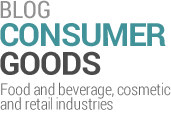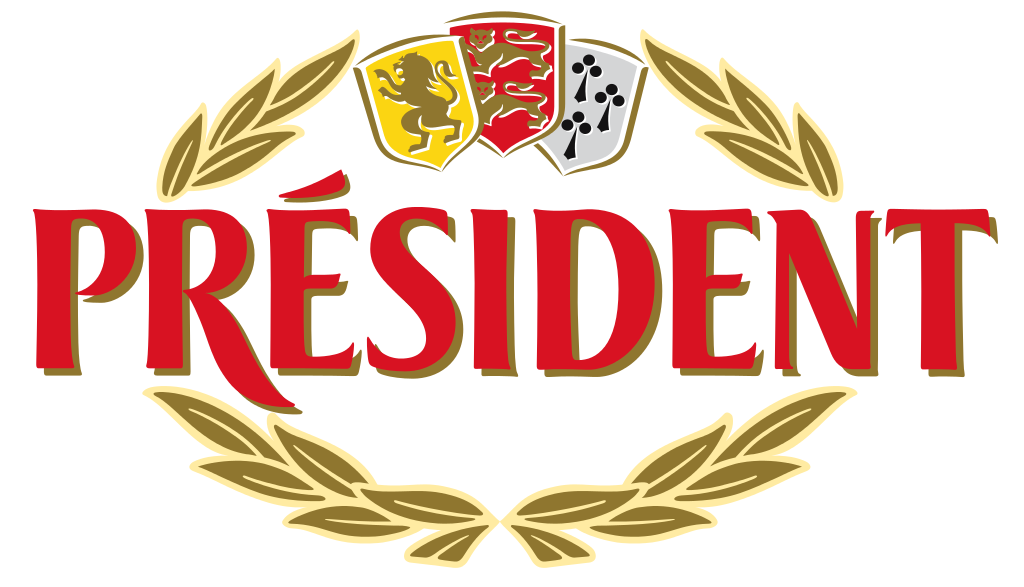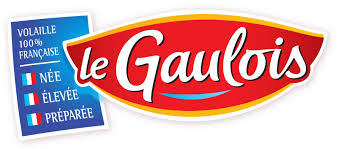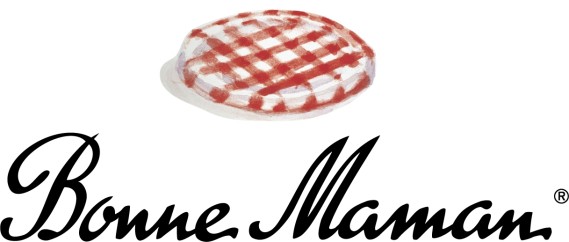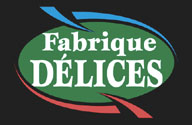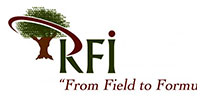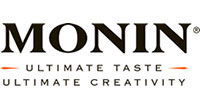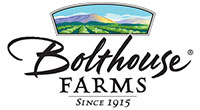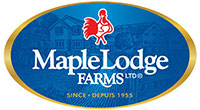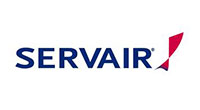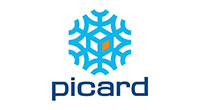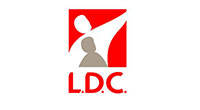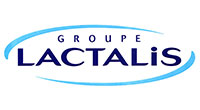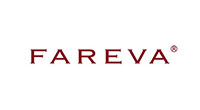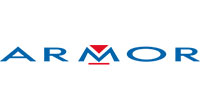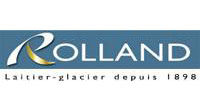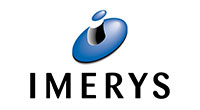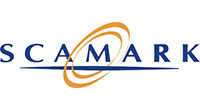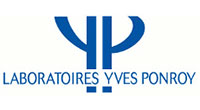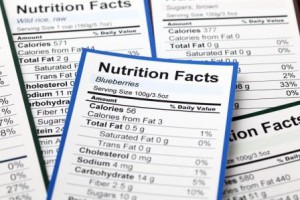
If you have already sold products in the United States, you must know that the Food and Drug Administration (FDA) regulates all products containing more than one ingredient. FDA is the authority on product regulations for the internal and external safety of their consumers. They set up rules and make sure they are respected for all products sold within the United States of America and exported abroad.
FDA : A little bit of history
The FDA is the oldest consumer protection agency in the United States, going back to 1848, where it carried out chemical analyses on agricultural products. However, the modern FDA started with the passing of the 1906 Pure Food and Drugs Act, which prohibited interstate commerce of adulterated and misbranded food and drugs. It has changed quite a bit since then, now ensuring safety for the consumers using imported and exported goods of the U.S.A.
USDA and FDA : What is the difference?
The United States Department of Agriculture (USDA) also works to provide a safe, nutritious food supply. However, the difference is only seen between a meat product and a not meat based product. So when you pick out a piece of chicken, beef, fish amongst other agricultural products there should be a sticker or label that says that it is “USDA Approved”. In other words that product has been proven to be safe and come from a reputable source. USDA mainly regulates meat, poultry, and eggs, while the FDA regulates over 80% of the American food supply that is not directly from an agricultural source.
FDA: What does the US administration regulates?
- Foods including Dietary supplements, Bottled water, Food additives, Infant formulas, and other food products (The U.S. Department of agriculture regulates meat, poultry, and egg products)
- Drugs including Prescription drugs (Brand-name and generic) and nonprescription drugs
- Biologics including Vaccines, Blood and blood products, tissue, allergens, cellular and gene therapy products.
- Electronic products that give off radiation: microwave ovens, x-ray equipment, laser products, ultrasonic therapy equipment, sunlamps and mercury vapor lamps.
- Medical Devices including dental devices, surgical implants, and prosthetics, simple products such as tongue depressors and more complex products such as heart pacemakers.
- Cosmetics including Color additives, skin moisturizers, and cleansers, nail polish and perfume.
- Veterinary products including livestock feeds, pet foods, veterinary drugs, and devices.
- Tobacco products including cigarettes, smokeless tobacco, and roll-your-own tobacco.
And what it doesn’t?
- Cosmetics (not including those listed above) It is the responsibility of cosmetic manufacturers to ensure the safety of their products before they are marketed.
- Dietary supplements (vitamins, minerals, and oils) which are considered safe until proven unsafe. They are not considered a drug due to the Dietary Supplement Health and Education Act of 1994
- Fruits and vegetables in their raw unchanged form sold individually
- Foods prepared to order such as pizza or take out.
The GRAS list
The Generally Recognized As Safe (GRAS) list includes food additives that have been generally recognized as safe by qualified experts by the Federal Food, Drug, and Cosmetic Act and is therefore exempt from the food additive tolerance requirements. The act prohibits interstate commerce of misbranded food, drugs, devices, and cosmetics as well as decides whether a product is safe when used as intended. Items under this list must be safe in their intended use. Some examples of these items are essential oils, Acetone, Cacao, ginger, and so on. The database includes several hundreds of items.
What do you risk if you do not respect FDA regulations?
The FDA has several systems in place for those who do not comply with their regulations. They have access to any customer complaints in the CFSAN Adverse Event Reporting System (CAERS) database. They will then follow up by sending warning letters to the manufacturer. The company is then put under inspection. If it is determined that they have not followed regulations the manufacturer may face civil suits and removal of the product from stores.
The United States FDA regulates most consumer products in the goal of protecting its consumers. The regulations put into place through the years have saved countless lives and have also given consumers a better quality of life. Although the regulations may be difficult to keep up with and to follow for manufacturers due to the processes needed for a product to be approved by the FDA, they are well worth it to avoid lawsuits and product seizures that follow if a product is placed on the market without FDA approval.
A PLM software will help you to comply with FDA regulations, especially on the product labeling process. Updated USDA/INCO ingredients lists are implemented into the solution to make sure your product labeling comply with current FDA regulations and laws.
Check out our PLM solutions and learn how to facilitate product regulations management !
